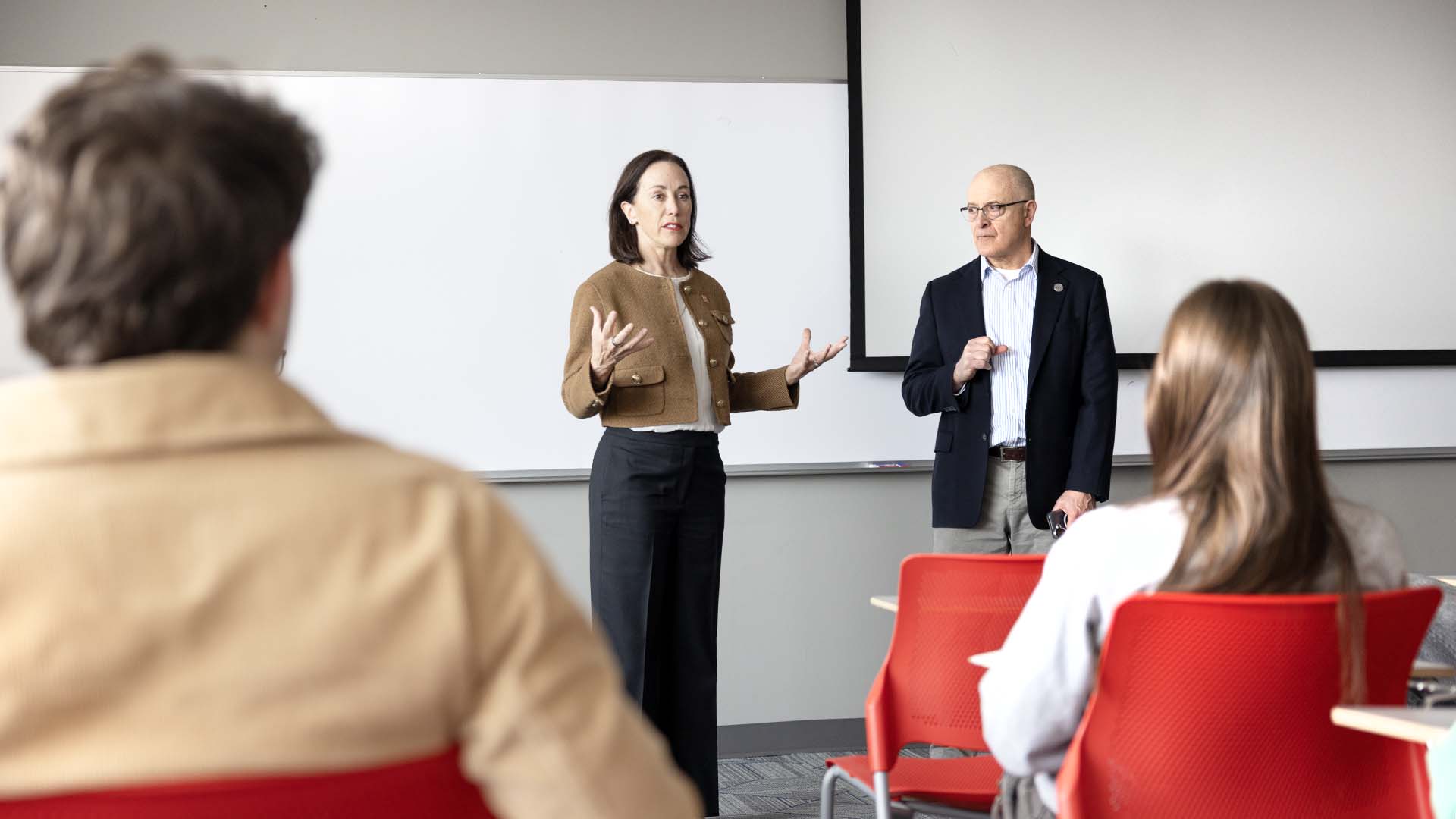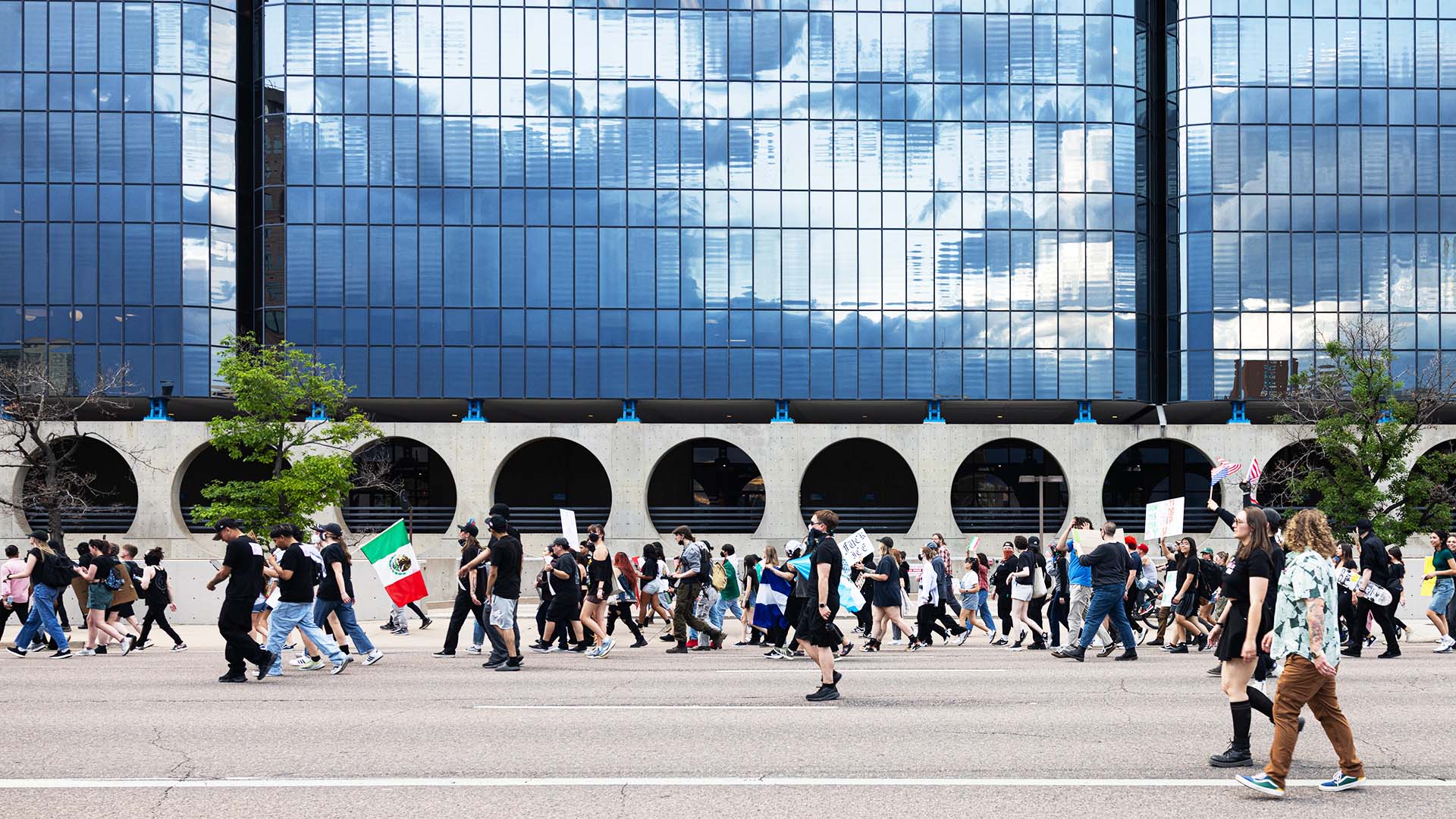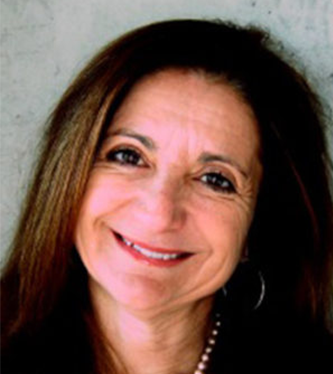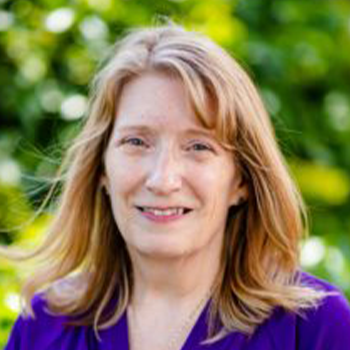Afghans fleeing the Taliban need help. Here’s what you can do.
An expert panel at MSU Denver discusses the grim situation in Afghanistan, options for those still trying to flee and how Coloradans can assist with relief efforts.
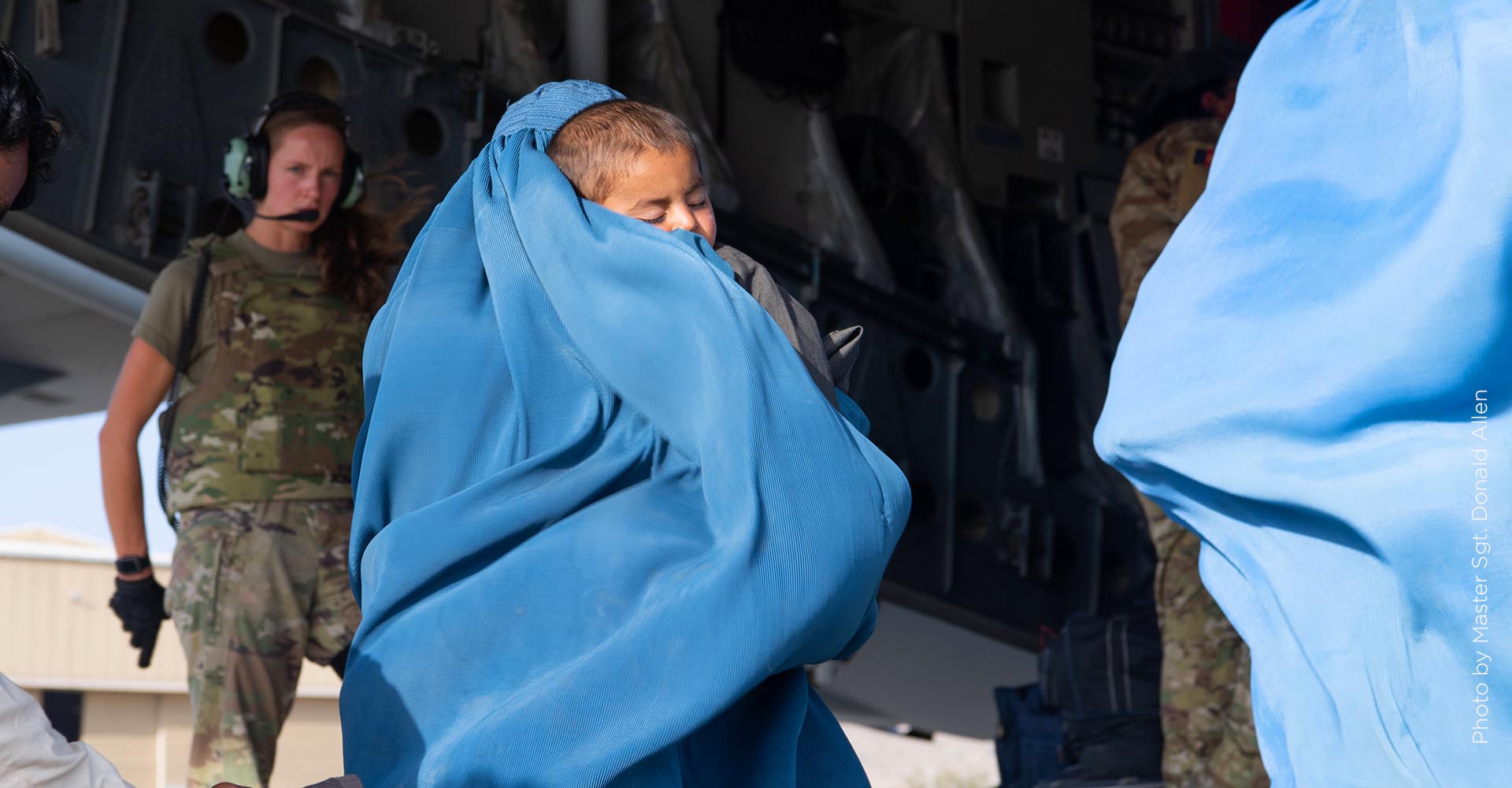
Over the past month, the U.S. military withdrawal from Afghanistan and the Taliban militant group’s seizure of power in the country has dominated headlines.
The Taliban – who ran Afghanistan in the late 1990s before the U.S.-led invasion of the country in 2001 ousted them from power – have struck fear in Afghans who believe the militant group will reimpose a harsh interpretation of Islamic law. That fear led to jaw-dropping scenes of Afghans rushing to Kabul’s main airport trying to flee the country in August.
And while nearly 130,000 people were airlifted out, many were left behind, including the loved ones of Afghan refugee and activist Metra Mehran.
Mehran described those harrowing events and detailed current conditions in the country Wednesday at a town hall and panel titled “Crisis in Afghanistan,” held in the Tivoli Student Union at Metropolitan State University of Denver.

“(Afghanistan) feels like a graveyard,” she said, “where there (were) schools, universities, women and men going to school and university and work together. Now, (women are not) allowed to go work.”
Mehran added that since the Taliban took power, schools have been destroyed and some residents have been instructed to leave their homes abruptly. The militant group has also carried out targeted killings, even on women who were nine months pregnant. She said she keeps in touch daily with her friends who are activists in Afghanistan, many of whom have been beaten in the streets by members of the Taliban.
Want to support Afghan refugees?Gifts to these organizations will help Afghans restarting their lives in the United States. MSU Denver’s Afghan Students and Scholar Fund provides financial assistance to students and professors relocating from Afghanistan. The International Rescue Committee in Denver helps refugees rebuild their lives in America. The Rocky Mountain Chapter of Lutheran Family Services offers resettlement services for people who have been uprooted by persecution and violence. The African Community Center assists families from around the world as they flee persecution in their homelands to seek refuge and a new life in the Denver area. |
|
Mehran was joined at the town hall by panelists Atim Otii, director of the Denver Office of Immigrant and Refugee Affairs; Richard Mac Namee, director of the Cybersecurity Center at MSU Denver; and Nike Pulda, an activist volunteer who has helped to support evacuation and resettlement efforts for people in and from Afghanistan.
The panelists echoed Mehran’s grim description of the situation on the ground in Afghanistan and discussed what options exist for those still trying to escape the country. They also spoke about how members of the Auraria Campus community can assist Afghan refugees and those who remain in the nation.
One option Afghan refugees have is to apply for the Special Immigrant Visa Program, which is intended to help interpreters, contractors and personnel who worked for the U.S. military to leave Afghanistan. Otii noted, however, that during the Trump administration, many international offices that processed applications for the program were closed. The application process can also take several months, if not years, because of a large backlog of applicants.
“It’s not just about an individual leaving their country, showing up to another country, and then there is a military plane waiting for them to come to the United States,” Otii said. “This has been … and it will continue to be a complex, humanitarian response that is needed and necessary,” Otii said. “We here in the United States, locally in Denver, I cannot stress enough (the importance of) just really being informed and trying to get as much information about the process as you possibly can.”

Mac Namee, a former British Army officer who served as a Special Operations commander in Afghanistan from 2009 to 2011, is assisting nonprofit No One Left Behind in the evacuation of Afghanistan. At MSU Denver’s Cybersecurity Center, he and others on campus are collecting information about at-risk groups in Afghanistan, such as activists, journalists and others who are still stranded in the country.
He said he is looking for volunteers on the Auraria Campus who can help with data collection. He noted that those who are interested need only to know how to use a spreadsheet.
“I’d like to think one day we could just hand this (data) over to the government and say, ‘Look, this is the problem; we’ve done our piece; now go and fix it,’” he said.
Pulda, who is from Austria, said one way that Americans can make refugees feel welcome is to talk to them as normal people and to try to find common ground.
“All the people I’ve encountered from Afghanistan and the ones I’m in touch with now – they are so smart, and I’m so in awe of many of them because they’ve done a lot of great things,” she said.
“Treat them as your friends.”

